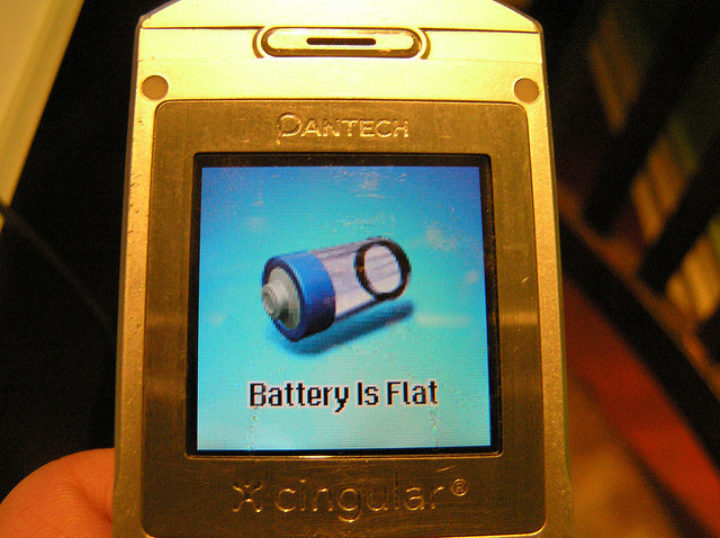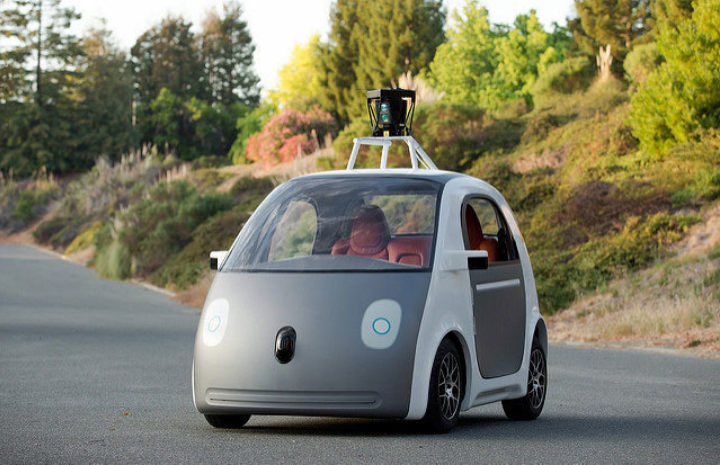The race to build the future
Uber, self-driving cars and the future electricity system
By Matt Finch
Share
Last updated:
Answer this question for me. Why do you own your car?
Is it because you genuinely want that specific car? If you’re a petrolhead, then the answer is probably yes. But if it’s to get you from A to B, then your car is just a means to an end. The only reason you own it is because that’s the business model that car companies have pushed for decades: they spend money making the car, and then sell it to you for more money than they spent making it. Car companies, like every other private company in the world, are long-term profit maximisers.
So we all know the electric vehicle market is about to take off. What slightly fewer of us know is that car companies could quite easily morph into energy utility companies by using car batteries to both take electricity from, and feed electricity to, the grid.
But there’s an issue. What if you don’t want your car to be drained of power at the whim of a distant car or power company? A flat battery is already a pain in the neck. It would be even more annoying if the battery had been drained deliberately.

Well, the answer to that conundrum is emerging out there via two separate, but converging trends, and it shakes the fundamental business models of both the car and energy industries to the core.
The (car) sharing economy
Most people have never heard of Gett, Lyft and Didi Chuxing, but they may well have heard of their competitive compatriot, Uber. All are technology companies that connect drivers with fare-paying passengers. And all of them have recently been invested in by big multinational car companies.
VW invested $300m in Gett and General Motors invested $500m in Lyft (as did, interestingly, Saudi Arabia, in a clear attempt to diversify away from oil). Toyota not only invested an unspecified amount in Uber, but also announced a “strategic partnership” between the two companies. And in a real sign of convergence between industries, Didi Chuxing received a cool €1b investment from Apple, who have been long rumoured to be getting into cars.
Why would they do this? No, it’s not for the profits, although they obviously help. Instead it’s for both the technology, and the data. Sounds obvious, but these companies not only have developed the technology that makes calling for a car a doddle, but they also store details of every single journey that’s ever been taken via them worldwide. And in the right hands, that’s golddust.
Additionally, all these personal transport technology firms now have both (a) billions in the bank and (b) a significant investor that happens to produce and distribute vehicles worldwide, and could help these technology companies build out a network that may position it for an eventually autonomous future. Something that is closer than you think:
Rise of the robots

Autonomous - or self-driving - vehicles are finally moving out of movie writers’ imaginations and into the real world. All the major car companies (and, umm, Google) are investing heavily in self-driving cars. Rather than decades away, they are just around the corner (literally if you’re Californian).
Google’s cars have driven over 1.7m miles, with only 1 crash caused by the car as opposed to by other factors. They are so advanced that Google recently announced that its cars can now respond to cyclists' hand signals (although it’s not certain how they would respond to some of the hand signals British inner-city cyclists give to inconsiderate drivers).
Jaguar Landrover are aiming to win the offroad self-driving battle. Rolls Royce clearly have the coolest looking self-driving concept car. But when should we expect these to be ready and available to purchase? Well, Google are aiming to win the race by releasing their first commercial autonomous car by 2019 - just 3 years away. Nissan will have 10 vehicles on sale by 2020 with "significant autonomous functionality". Ford say their self-driving cars are four or five years away. So we can expect them to be fairly common by, say, 2025.
Problem Solved
And with those two leaps, not only is the flat battery conundrum solved, but you need not worry about car maintenance ever again.
No need to own a car. Simply press a button on your smartphone and a car drives itself to you - with a full battery. And crucially, car companies would know when to take (buy) electricity from the grid and when to give (sell, at a higher price, obviously) back - they are gathering data on when we don’t require journeys, as much as when we do.
And did I mention they would own enough energy storage capability to in effect make them another energy utility? Two industries become one.
Now this is just one plausible scenario of what our future energy system will look like. It may not be the final path we take, but the pointers are there now. Real businesses are spending real (and big) money in the hope that it is.
Clearly, business will be leading the charge to get the low carbon economy built, which could make Theresa May’s decision to integrate the UK’s Department of Energy and Climate Change into the Department of Business a strategic masterstroke.

This is further backed up by the fact that in the last few months both the National Infrastructure Commission and Energy UK have said that building a smart, low-carbon grid is the way forward. And progressive businesses are already getting on with the job.
Technology is forcing changes in business models. The energy industry is poised to undergo the same path the telecoms industry underwent 20 years ago.
Once upon a time, British Telecom owned all the infrastructure and landlines were the only means of communication. Then car phones appeared and became mobile phones, which became mini personal assistants that you can wear round your wrist. Dial-up copper that could just about load a web page a minute became fibre optic, which meant that VOIP became routine for calling Auntie Alice in Australia. For free.
Apply this to the decarbonisation of energy, and we can expect new companies, new services, new products and new business models. Some current companies and utilities will not evolve, and they will become increasingly irrelevant, and then ultimately they’ll die. And they won’t be missed.
Share